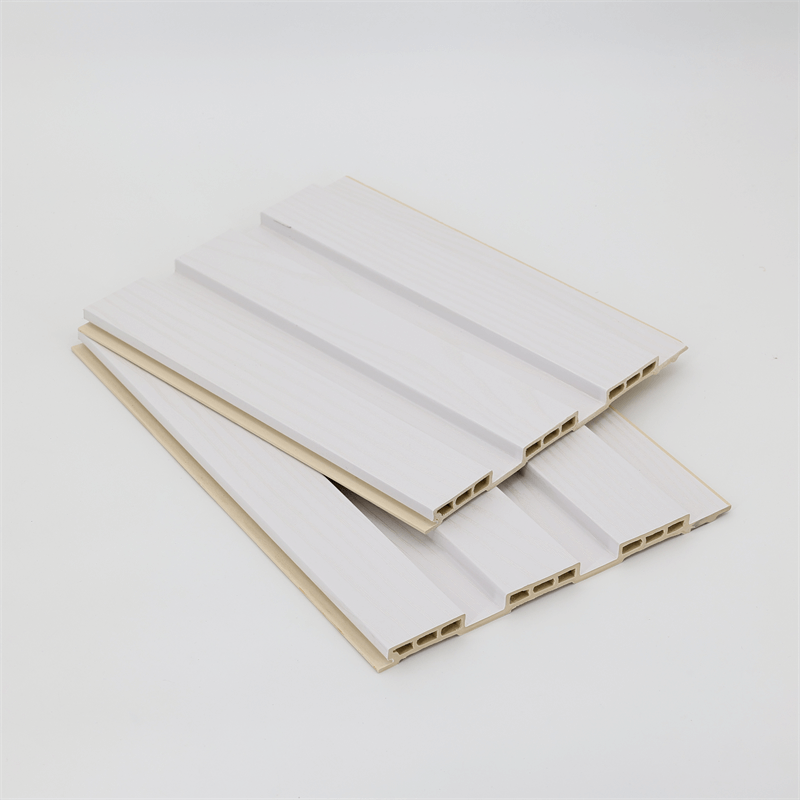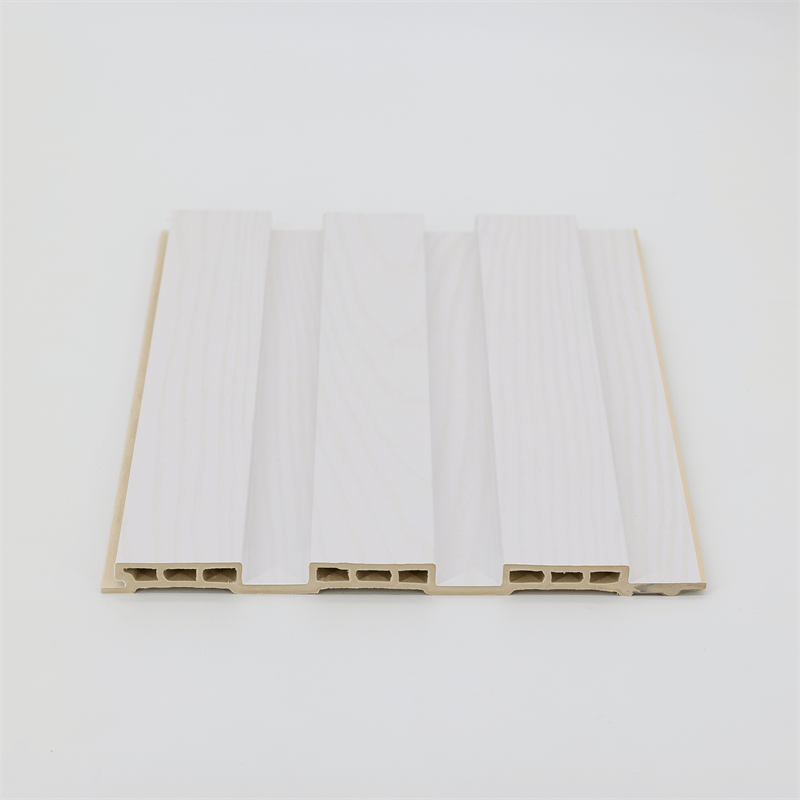When it comes to wall cladding options, durability and longevity are essential factors to consider.
WPC (Wood-Plastic Composite) wall panels have emerged as a popular choice due to their exceptional durability and longevity.
These panels offer a range of benefits that make them an ideal option for both interior and exterior applications.
In this essay, we will explore the key features of WPC wall panels that contribute to their durability and longevity.
We will discuss their composition, resistance to environmental factors, maintenance requirements, and the advantages they offer over traditional wall cladding materials.
I. Composition of WPC Wall Panels:
1.1 Wood-Plastic Composite Material: WPC wall panels are composed of a combination of wood fibers or flour and plastic polymers.
The wood fibers provide strength, stability, and a natural appearance, while the plastic polymers enhance durability, moisture resistance, and longevity.
The combination of these materials creates a robust composite that can withstand various environmental conditions.
1.2 Binding Agents: Binding agents, such as adhesives or resins, are used to bind the wood fibers and plastic polymers together in the manufacturing process.
These binding agents ensure the integrity and structural stability of the WPC wall panels, further enhancing their durability and longevity.
II. Resistance to Environmental Factors:
2.1 Moisture and Water Resistance: One of the key features of WPC wall panels is their resistance to moisture and water.
Unlike traditional wood cladding, WPC panels do not absorb moisture, preventing issues such as warping, rotting, or mold growth.
This resistance to moisture makes WPC panels suitable for areas prone to high humidity, such as bathrooms, kitchens, or exterior applications.
2.2 UV Resistance: WPC wall panels are designed to withstand prolonged exposure to sunlight without fading or degrading.
They contain additives and pigments that provide UV resistance, protecting the panels from the damaging effects of the sun’s rays.
This UV resistance ensures that the panels retain their color and aesthetic appeal over an extended period, even in outdoor installations.
2.3 Temperature and Weather Resistance: WPC wall panels exhibit excellent temperature and weather resistance.
They can withstand extreme temperature variations, including freezing temperatures, without cracking or warping.
Additionally, these panels are resistant to weather elements such as rain, wind, and humidity, making them suitable for exterior applications in various climates.
III. Low Maintenance Requirements:
3.1 Easy Cleaning: WPC wall panels require minimal maintenance compared to traditional wall cladding materials.
They can be easily cleaned with mild soap and water, eliminating the need for specialized cleaning products or intensive maintenance routines.
Regular wiping or washing keeps the panels looking fresh and new, saving both time and effort.
3.2 No Painting or Staining: Unlike wood cladding that requires periodic painting or staining to maintain its appearance, WPC wall panels come with a pre-finished surface.
The panels are available in a wide range of colors and finishes, eliminating the need for additional painting or staining.
This feature not only saves time and money but also ensures a consistent and long-lasting aesthetic.
3.3 Resistance to Pests and Decay: WPC wall panels are resistant to pests such as termites, wood-boring insects, and decay-causing organisms.
Unlike natural wood, which can be vulnerable to pest infestations and decay over time, WPC panels offer long-term protection against these issues.
This resistance adds to their durability and reduces the need for frequent maintenance and replacements.
IV. Advantages over Traditional Wall Cladding Materials:
4.1 Enhanced Durability: Compared to traditional wall cladding materials such as wood, vinyl, or fiber cement, WPC wall panels offer superior durability.
Their composition and resistance to moisture, UV rays, temperature variations, and pests ensure that they can withstand the test of time, retaining their structural integrity and aesthetic appeal.
4.2 Longevity and Cost-Effectiveness: The durability of WPC wall panels translates into longevity, making them a cost-effective option in the long run.
With minimal maintenance requirements and resistance to environmental factors, these panels can maintain their functionality and appearance for many years, reducing the need for frequent replacements or repairs.
4.3 Eco-Friendly Choice: WPC wall panels are often made from recycled materials, including post-consumer wood and plastic.
By choosing WPC panels, you contribute to sustainability efforts by reducing waste and the demand for virgin materials.
Additionally, the longevity of these panels reduces the environmental impact associated with frequent replacements.
Durability and longevity are key features of WPC wall panels, making them a desirable choice for wall cladding applications.
Their composition, resistance to moisture, UV rays, temperature variations, pests, and decay contribute to their exceptional durability.
Furthermore, the low maintenance requirements and advantages over traditional wall cladding materials make WPC panels a cost-effective and eco-friendly option.
By opting for WPC wall panels, you can enjoy a long-lasting, visually appealing, and low-maintenance cladding solution for both interior and exterior spaces.
Durability and longevity are paramount when it comes to choosing wall cladding materials, and WPC wall panels excel in both aspects.
Their composition of wood fibers and plastic polymers, along with the use of binding agents, creates a robust composite that can withstand various environmental conditions.
The resistance of WPC panels to moisture, UV rays, temperature variations, pests, and decay ensures their long-term performance and aesthetic appeal.
Furthermore, the low maintenance requirements of WPC wall panels make them a practical and convenient choice.
With easy cleaning using mild soap and water, the panels can maintain their fresh and new look without the need for specialized cleaning products or extensive maintenance routines.
Additionally, the pre-finished surface eliminates the need for painting or staining, saving time, effort, and cost.
Compared to traditional wall cladding materials, WPC wall panels offer significant advantages.
Their enhanced durability, longevity, and resistance to environmental factors result in cost-effectiveness over the long run.
By reducing the need for frequent replacements or repairs, WPC panels prove to be a wise investment.
Moreover, their eco-friendly nature, made from recycled materials, contributes to sustainability efforts and reduces the impact on natural resources.
In conclusion, WPC wall panels provide a durable and long-lasting solution for wall cladding needs.
Their resistance to moisture, UV rays, temperature variations, pests, and decay, coupled with low maintenance requirements, make them an attractive choice for both residential and commercial applications.
By choosing WPC wall panels, you can enjoy the benefits of durability, longevity, cost-effectiveness, and environmental sustainability, while enhancing the aesthetic appeal of your spaces.



